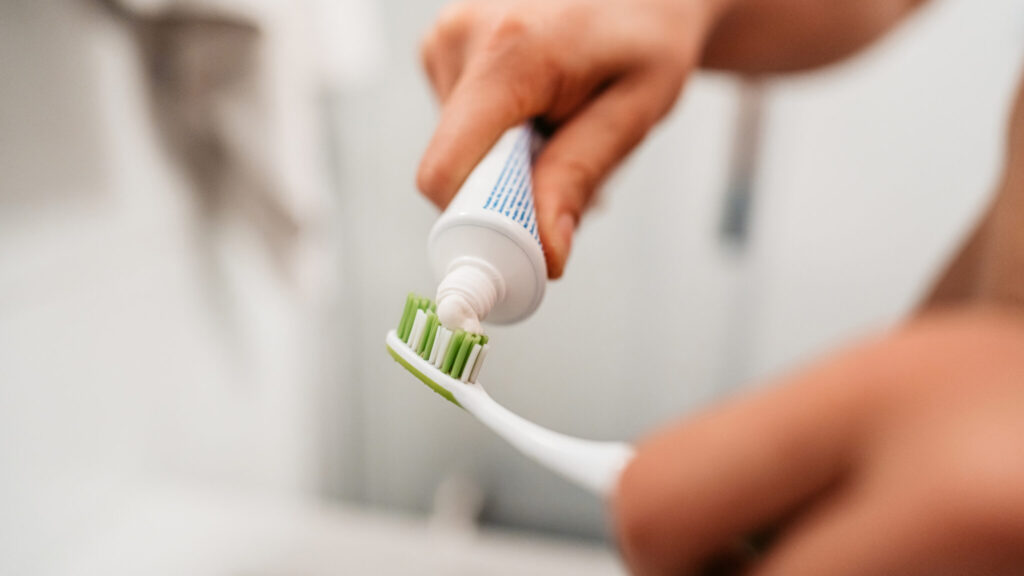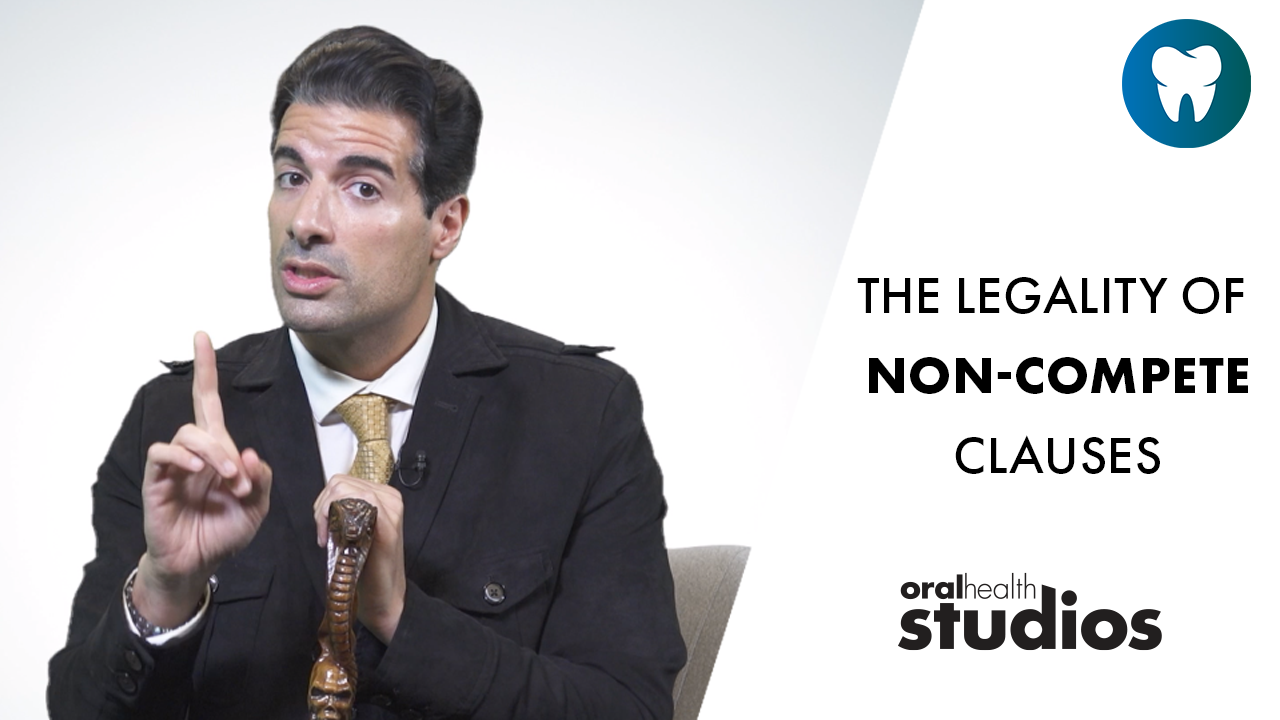
As an OMF surgeon, my patients often ask for liquid medications due to difficulty swallowing large pills. There is now a product on the market that allows my patients to take their vitamins via toothpaste, though antibiotics have yet to find a way into toothpaste. But wait, can you really get a significant amount of vitamins just from brushing? You can! Vitamin toothpaste is a quicker, more effective way of taking vitamins than the traditional route of swallowing pills and tablets – which none of us enjoy. And it’s easy to remember to take it!
We are all aware of the traditional format of taking medications – from pills, tablets, and capsules – but just because this is the most common doesn’t mean it is the only option or even the most ideal. In medical school, we learn about the different forms of administering medications: parenteral vs enteral. Parental means administration outside the GI tract, such as intravenous, intramuscular, or intranasal. Enteral refers to administration directly into the GI tract, such as by mouth with pills, foods, or liquids, anal (yes anal) absorption, or through a feeding tube directly into the stomach or intestine. What many may not realize is these “other” forms may actually be more efficient and effective.
What is the First Pass Effect?
The pitfall of many traditional medications is what we refer to in the medical world as the “first-pass effect.” The first-pass effect is associated with any organ that metabolizes drugs, so medications administered via the enteral route – pills and tablets – are subject to the effect. The body’s major site of drug metabolism is the liver; however, metabolism can also occur in lesser amounts in the lungs, vessels, stomach, and intestines. Basically, the medication undergoes a degree of metabolism, which means a reduction in the concentration of the active drug before it ever reaches the site of action or the systemic circulation. Now, this is not a new concept; doctors and pharmacists have known about the first-pass effect for decades and, therefore, have developed ways to reduce and prevent it by adding preservatives or coatings to medications to pills. This, of course, adds ingredients to the medications; more ingredients mean an increased risk of adverse reactions or allergies. In fact, people are not usually allergic to a medication, but actually a preservative in the formulation.
What about gummies? Gummies or medications manufactured in gelatin forms are relatively new but have enjoyed a rise in popularity as they are an alternative to those who have difficulty swallowing large pills and are often tastier than chalky pills. Gummies, however, are still an enteral route of administration and, therefore, have many of the same issues as pills. In addition, that better taste, unfortunately, is because of the added sugars.
As I mentioned earlier in the article, there are a number of alternative forms of medications and supplements on the market: liquid, tinctures, skin (transdermal) patches, intramuscular injections, sprays, and kinds of toothpaste. All of these forms circumvent the digestive tract and bypass the first-pass effect. I will specifically address absorption through the mouth, which is one of the most productive.
As an oral surgeon, I know how extremely absorbent the mouth is and how effective it is in getting things directly into the bloodstream. Now, that can, of course, mean good and bad things, but we will focus on the good! Absorption through the mouth is called buccal, mucosal, transbuccal, or sublingual. Oral mucosa lines the entire oral cavity. Mucosal administration of medication is a topical route by which drugs held or applied to the mucosa diffuse through it and enter directly into the bloodstream, detouring the first-pass effect. That is why when medications are ingested this way, one often notices a quicker and more potent effect.
Sublingual vs. Transbuccal
Sublingual refers to medications placed under the tongue. Transbuccal refers to administration through the cheeks or any other oral mucosa. Have you ever known anyone, perhaps a friend or relative, with heart disease? They may carry “the emergency pill” at all times. They are instructed to place this pill immediately under their tongue if they begin to experience symptoms of a heart attack. This pill is a potent vasodilator that improves blood flow to the heart within minutes, which can be life-saving in these situations. This pill has always been manufactured in the sublingual form due to this efficiency.
Toothpaste is newer to the market as a form of transbuccal absorption; however, the introduction of Vitamins through the mouth in other forms is not a new concept. This study from the Nutrition Journal by Satia et al in 2015 concluded a significantly higher concentration of Vitamin D in patients who consumed the vitamin through a buccal spray, a form of transbuccal administration, vs. a soft gelatin.
Maximizing patients’ vitamin absorption
When recommending vitamin toothpaste to clients, one thing to keep in mind is it might be their first time incorporating vitamins, or first time since a hiatus, so I always stress a few components to ensure they get the most out of their nutrients. Maintaining a healthy, balanced diet, full of foods that are high in vitamins and minerals is the first component. I tell them, too, to supplement when needed. Daily vitamins that patients can consume through vitamin toothpaste include Vitamins B12 and D3, as well as Vitamins C, E, and Zinc, which are all around great for general health, and ones everyone should be taking.
In closing, like any OMF surgeon, I witness the rich vascularity of the oral cavity on a daily basis. Brushing your teeth with vitamin-infused toothpaste is gaining popularity, as brushing your teeth is an everyday routine everyone has incorporated into their day, and adding vitamins to it just checks one more box off a patient’s routine! Try it out!
About the Author

Dr. Jaclyn Tomsic is an Oral and Maxillofacial Surgeon out of Cleveland, OH. Dr. Tomsic specializes in topics such as: Wisdom teeth, Dental Implants, Corrective Jaw Surgery, Facial Cosmetic Surgery, Anesthesia, Snoring and Sleep Apnea, The Temporo-Mandibular Joint (TMJ), Oral Cancer, Implants, and Treating and Preventing Facial Injury.












